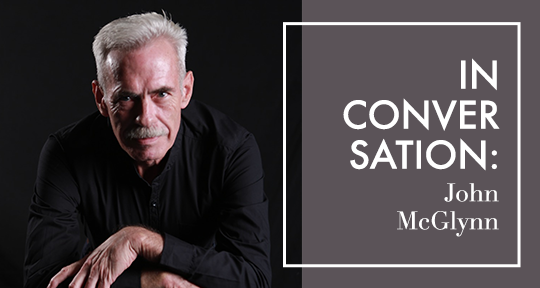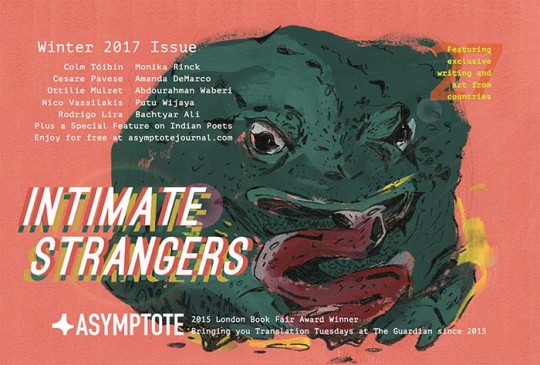The Lontar Foundation was launched in 1987 to raise the profile of Indonesian literature worldwide, initially intending to translate Indonesian fiction into English for publishers. Largely through necessity, however, the foundation has since become a publisher in its own right. Founded by John McGlynn and Indonesian authors Sapardi Djoko Damono, Goenawan Mohamad, Subagio Sastrowardoyo, and Umar Kayam, Lontar has since, to date, published works from over six hundred and fifty Indonesian authors in English, providing vital contributions that trace the country’s complex cultural and literary developments. In this interview, McGlynn speaks on his interest in Indonesia, the importance of Lontar’s work, and the challenges faced by Indonesian literature both at home and abroad.
Sarah Gear (SG): How did you first become interested in Indonesian literature?
John McGlynn (JM): It all began with wayang—Javanese shadow puppets. As an undergraduate at the University of Wisconsin-Milwaukee, from 1970 to 1972, I was a combined art-design-theatre major and had begun to create shadow puppets depicting characters from Western literary texts. I was participating in protests against the Vietnam War and my characters told the struggle of a small nation against a powerful aggressor. The problem was that while I was able to craft these new shadow puppets, I had no idea how to operate them. After a summer course at the University of Washington in Seattle, where I studied shadow puppetry technique with a Javanese dalang (shadow master), I transferred to the University of Wisconsin-Madison, one of the centers for Indonesian Studies in the United States. In the span of the next two years, I took an array of other courses relating to Indonesia, including a mentorship in Indonesian literature.
I then left for Indonesia in May 1976, on a three-month scholarship to study advanced Indonesian. That trip, which ended up lasting until December 1978, was an intensive cultural immersion process, during which my primary language was Indonesian. I traveled extensively in Sumatra and Java, studied language and literature at the University of Indonesia, served as an assistant to renowned linguist and translation theoretician Ian Catford, and worked as a translator for a number of Indonesian institutions.
I was spending most of my free nights at the Jakarta Arts Center, or Taman Ismail Marzuki (TIM), as a spectator to plays, poetry readings, and cultural discussions. At TIM, I came to know numerous prominent Indonesian authors, a number of whom then asked me to translate their work. I was collecting and reading all the literary texts I could get a hold of and had begun to translate numerous Indonesian short stories, and several novels as well; all this led me to pursue a Master’s degree in Indonesian literature at the University of Michigan-Ann Arbor, which I did from January 1979 to May 1981. READ MORE…




